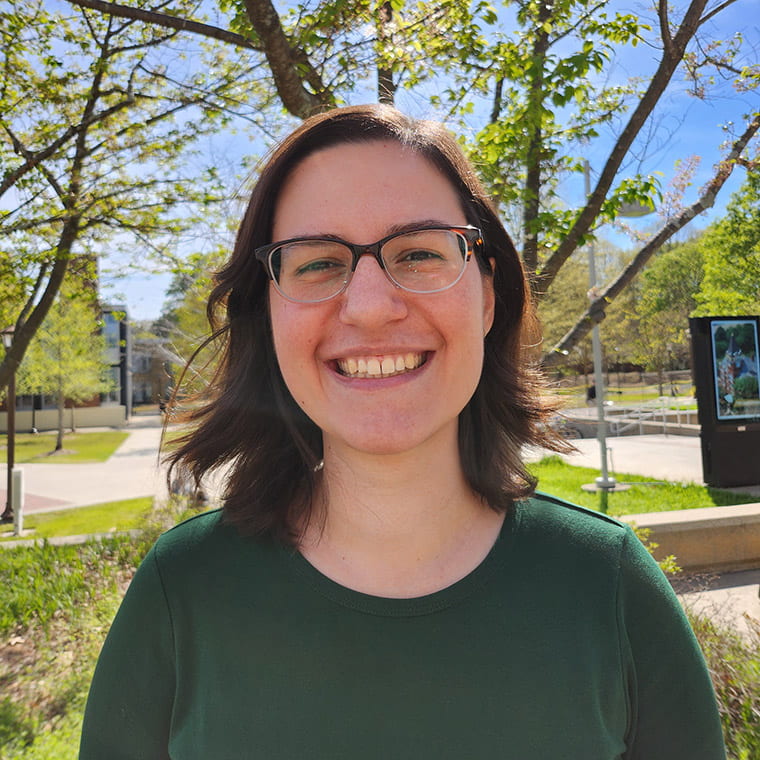
Luisa Barrera
Luisa Barrera is a postdoctoral fellow in the George W. Woodruff School of Mechanical Engineering and a first-year PPFP Fellow. She earned a B.S. in Materials Science and Engineering at the Massachusetts Institute of Technology in 2016 followed by a M.S. and Ph.D. in Mechanical Engineering at the University of Michigan in 2023. Her graduate studies focused on harnessing solar energy to electrochemically treat wastewater nitrogen species for nutrient and energy recovery. As a postdoctoral fellow, she is continuing her work in waste nutrient recovery by expanding her scope to include organic nitrogen species as well as other waste matrices, such as wastewater sludge.
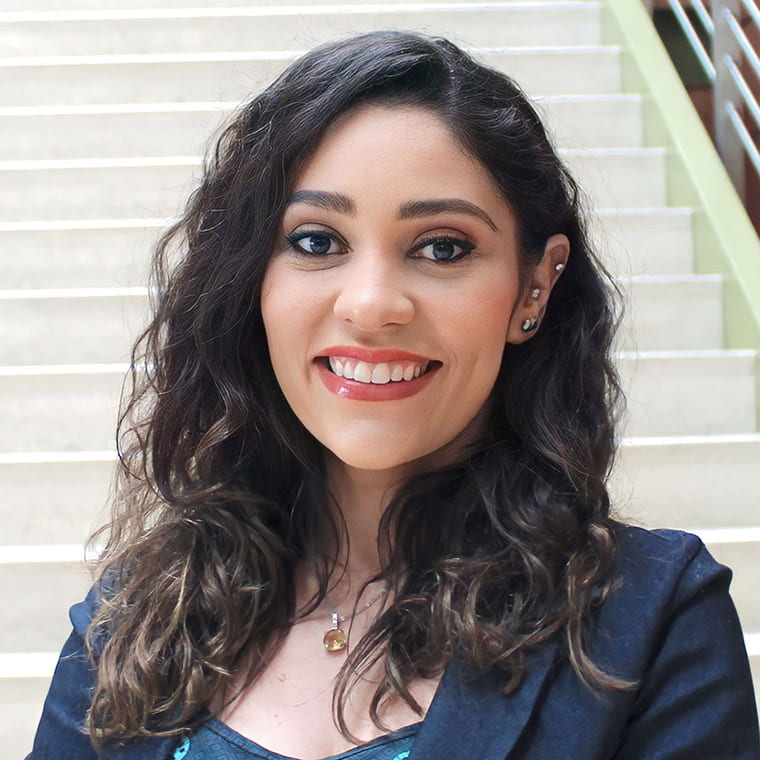
Vanessa Franco Carvalho Dartora
Vanessa Dartora is a postdoctoral fellow within the Wallace H. Coulter Department of Biomedical Engineering and a first-year PPFP Fellow. She completed her B.S. in Pharmaceutical Sciences from the University of Cuiaba, Brazil, and further pursued her MS and Ph.D. in Pharmacology at the Institute of Biomedical Sciences, University of Sao Paulo. Her academic focus involved innovating nanostructured and nanoparticulate delivery systems to enhance drug distribution, co-localizing multiple agents in targeted areas such as skin and breast tissues, with potential benefits for breast cancer, skin diseases, and wound healing treatments. Prior to joining Georgia Tech, she conducted postdoctoral research at the Biomedical Engineering Department of the University of California, Davis, as part of the UC Davis Stem Cell and Gene Therapy Training Program. Her research is broadly based on interdisciplinary approaches including biomaterials, peptide synthesis, cell biology, analytical characterization, and translational medicine. Her current postdoctoral research at Georgia Tech is focused on the engineering of biomacromolecules to modulate the secretome of Endothelial Progenitor Cells (EPCs), encompassing growth factors, cytokines, miRNA, and extracellular vesicles (EVs), to enhance both angiogenesis and skin regeneration. This research convergence has the potential to impact the field of regenerative medicine.
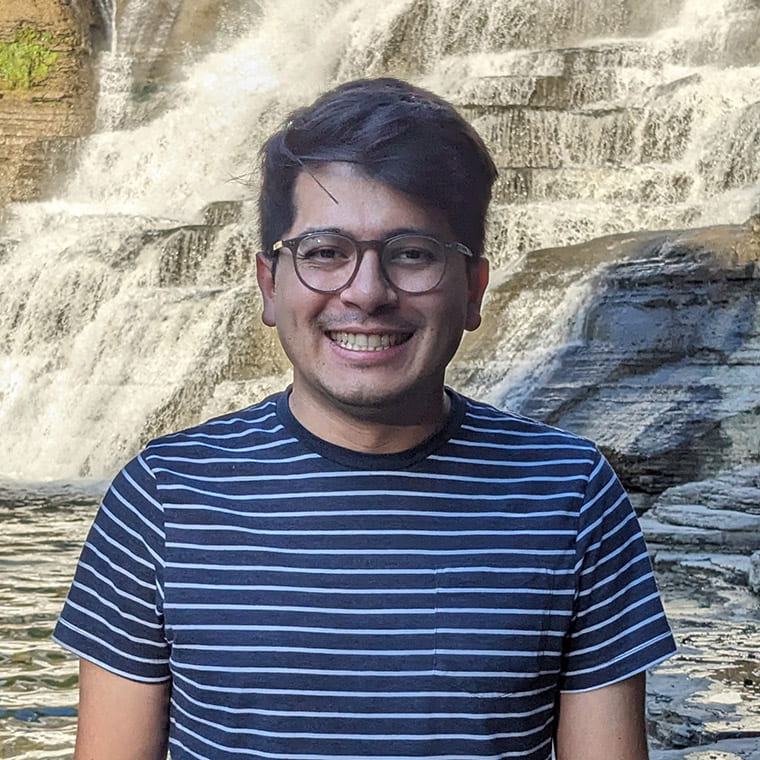
Juan Carlos Martinez Mori
Carlos Martínez, an Ecuadorian engineer turned mathematician, is a first-year PPFP Fellow. He is a Schmidt Science Fellow and a President’s Postdoctoral Fellow at the H. Milton Stewart School of Industrial and Systems Engineering (ISYE). He obtained his PhD in Applied Mathematics from Cornell University and his BSc in Civil Engineering from the University of Illinois at Urbana-Champaign. Prior to joining Georgia Tech, he visited the Simons Laufer Mathematical Sciences Institute as a Postdoctoral Fellow for the Fall 2023 program on Algorithms, Fairness, and Equity.
He is broadly interested in discrete mathematics, from its real-world applications to foundations in optimization and combinatorics. As a postdoctoral fellow, he is interested in models and algorithms that support equity in the design of public infrastructure (e.g., public transit). One of his career goals is to improve representation in the mathematical sciences. This interest was catalyzed by his experience as a teaching assistant for two different Research Experiences for Undergraduates (REU) programs in mathematics.
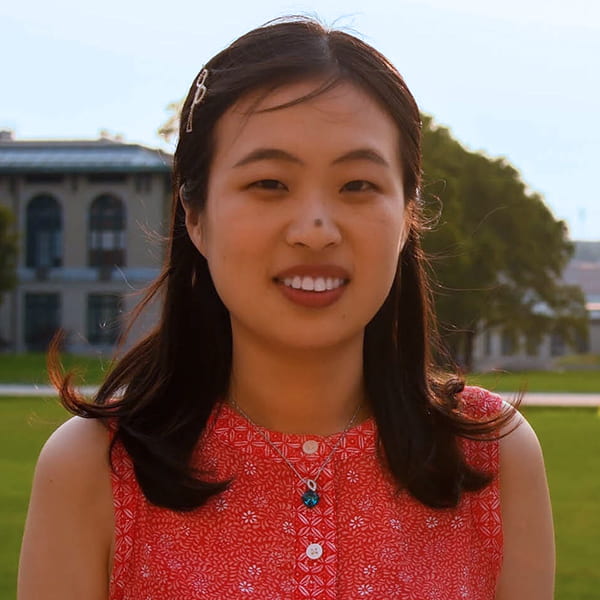
Jingyan Wang
Jingyan Wang has been a PPFP fellow since 2021 and is the Ronald J. and Carol T. Beerman President’s postdoctoral fellow in ISYE. Her research interests lie in understanding and mitigating biases in decision making problems such as peer grading and peer review, using tools from statistics and machine learning. She is the recipient of the Best Student Paper Award at AAMAS 2019. She received her Ph.D. in the School of Computer Science from Carnegie Mellon University in 2021, advised by Nihar Shah. She received her B.S. in Electrical Engineering and Computer Sciences with a minor in Mathematics from the University of California, Berkeley in 2015.
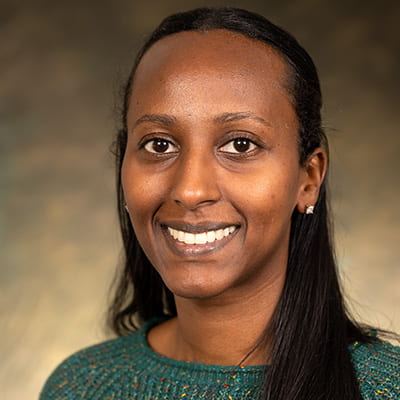
Naomi Deneke
Naomi Deneke has been a PPFP fellow since 2022 and is a postdoctoral fellow in the School of Materials Science and Engineering. She completed a B.S. in Chemical Engineering at Prairie View A&M University in 2017 followed by a Ph.D. in Materials Engineering at Purdue University in 2022 as a George Washington Carver Fellow. Naomi’s graduate school research focused on designing new adhesive systems via physical surface modifications that can be used for pick-and-place material handling as well as understanding the surface properties of highly deformed silicones. Her research interests revolve around designing functional soft materials through physical and mechanical manipulation. Her postdoctoral studies will focus on designing sustainable adhesives for packaging materials.
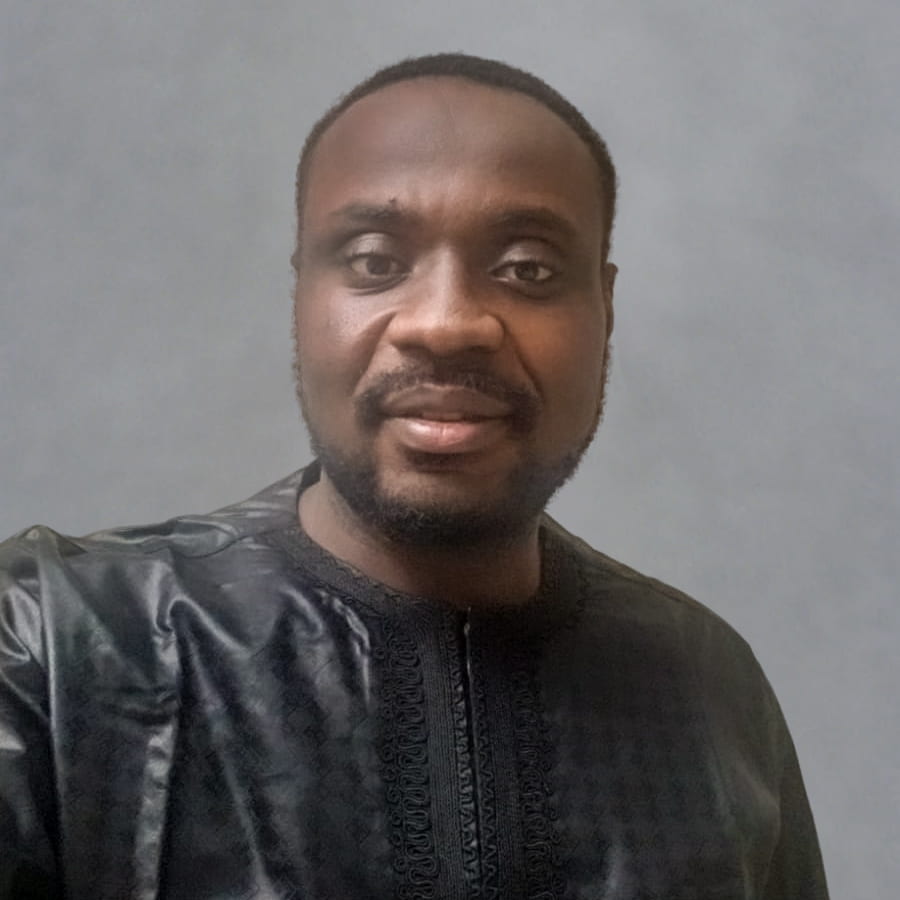
Samuel Fagbemi
Samuel Fagbemi has been a PPFP fellow since 2022 and is a postdoctoral fellow in the George W. Woodruff School of Mechanical Engineering. His current research focuses on enhancing the barrier properties of porous materials using biodegradable, nontoxic, and ecofriendly polymer thin films. Dr. Fagbemi obtained his B.Sc. in Mechanical Engineering from Kwame Nkrumah University of Science and Technology and his M.Sc. in Petroleum Engineering-Smart Oilfield Technologies (SOFT) from the University of Southern California. During the course of his Ph.D., which he completed in Petroleum Engineering at the University of Wyoming, he was the recipient of the Harry Hill Excellence Award in 2019 for the best graduate student. Immediately after concluding his Ph.D., he worked as a senior research scientist at the Center of Innovation for Flow through Porous Media (COIFPM) for two years where he developed highly-parallelized numerical platforms for advancing pore-scale multiphase flow simulation efforts in core-sized sedimentary rocks using reliable and robust multi-scale image analysis and artificial intelligence techniques.
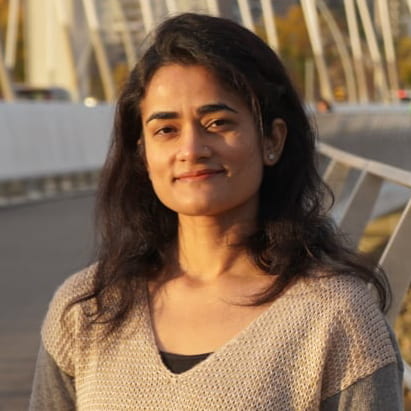
Anuja Tripathi
Anuja Tripathi has been a PPFP fellow since 2022 and is a President’s Postdoctoral Fellow in the School of Chemical and Biomolecular Engineering. She graduated with a Ph.D. in chemical engineering from the University of Alberta, Canada, in 2022. Her research interest lies in understanding nanostructured materials for monitoring health conditions, food spoilage detection, and electrocatalysts. Anuja’s research contributes to understanding nanostructured materials to mimic the properties of natural enzymes for biosensing applications. As a postdoctoral fellow, she is developing antibacterial surfaces, biosensors, and protein nanoparticles for vaccines.
PPFP Alumni
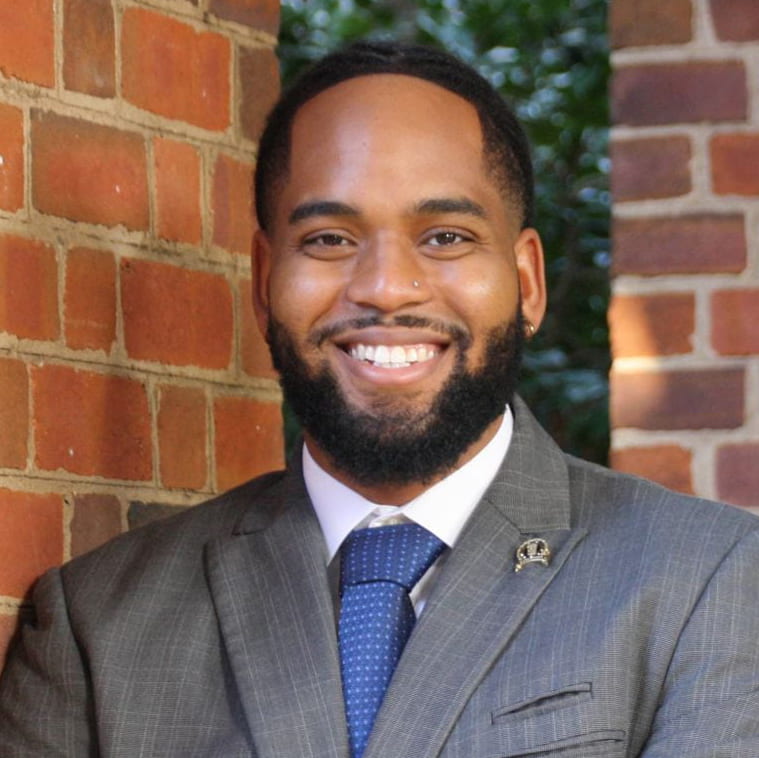
Darius Carter
2021-22 Cohort
2022-23 Cohort
Assistant Professor, Department of Mechanical and Aerospace Engineering
North Carolina State University
Darius Carter hails from Richmond, Virginia, and is currently a President’s Postdoctoral Fellow at Georgia Institute of Technology. He has a Ph.D. in Mechanical & Aerospace Engineering at the University of Virginia (UVA). He graduated from Highland Springs High school in Henrico County, Virginia in 2013. He then enrolled at UVA, where he graduated with his B.S. in Mechanical Engineering with a Minor in Material Science in 2017. As a Ph.D. student, his research focuses on unmanned aerial vehicles and their safety when flying near boundaries. With his Postdoc he will be focusing on aerodynamic coupling between propellers and airfoils. He was the Co-President of Black Graduate and Professional Student Organization, Recruitment Chair for the Mechanical & Aerospace Graduate Student Board, Co-Chair for UVA’s Graduate Recruitment Initiative Team, Member of the search committee for the Dean of Engineering, and Academic Mentor with UVA Athletics. Outside of school and research, he is a dedicated member of Alpha Phi Alpha Fraternity, Inc. and the National Society of Black Engineers. He enjoys hanging out with friends, adventuring, traveling, and watching and playing sports, especially basketball. He desires to inspire the next generation of black engineering students.
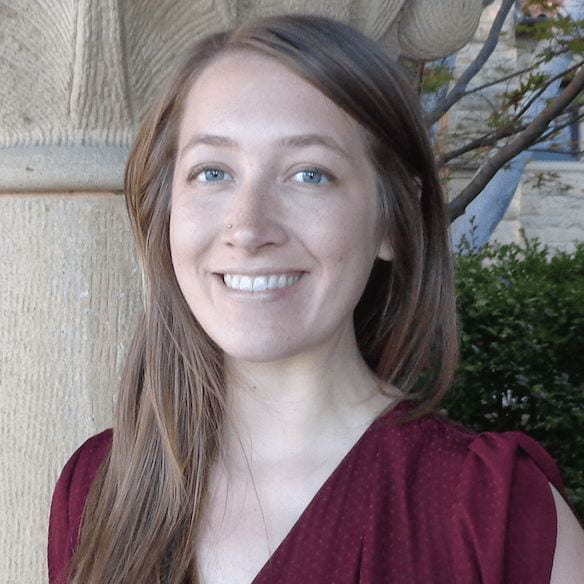
Katherine Graham
2021-22 Cohort
2022-23 Cohort
Assistant Professor, School of Civil and Environmental Engineering
Georgia Tech
Prior to joining the Georgia Tech faculty, Katherine Graham was a postdoctoral fellow studying pathogens in the environment and how to track microbes in sewage to inform public health decision making. She focused on developing methods and applying omics tools to detect viruses in the environment to improve public health.She earned her BSE in Chemical Engineering from the University of Michigan and MS and PhD in Environmental Science and Engineering at Stanford University. Her graduate studies focused on investigating sources of viruses in urban waters and the performance of nature-based infrastructure in improving water quality.
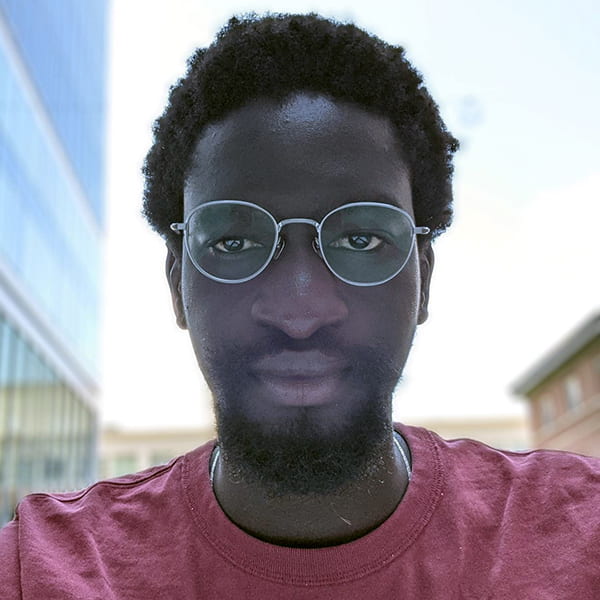
Eugene Ndiaye
2021-22 Cohort
2022-23 Cohort
Researcher, Machine Learning Group
Apple
Prior to joining Apple, Eugene Ndiaye was a postdoctoral fellow in ISyE. He obtained his PhD in applied mathematics from Telecom ParisTech. His research interests focused on the interplay between machine learning and optimization, mainly to understand how a statistical learning algorithm can select particular information from data and how this selection bias affects its prediction abilities. Among other long-term objectives, it aimed to provide quantifiable and implementable guarantees on the performance and limits of artificial intelligence methods as well as their impacts when they are deployed in society.
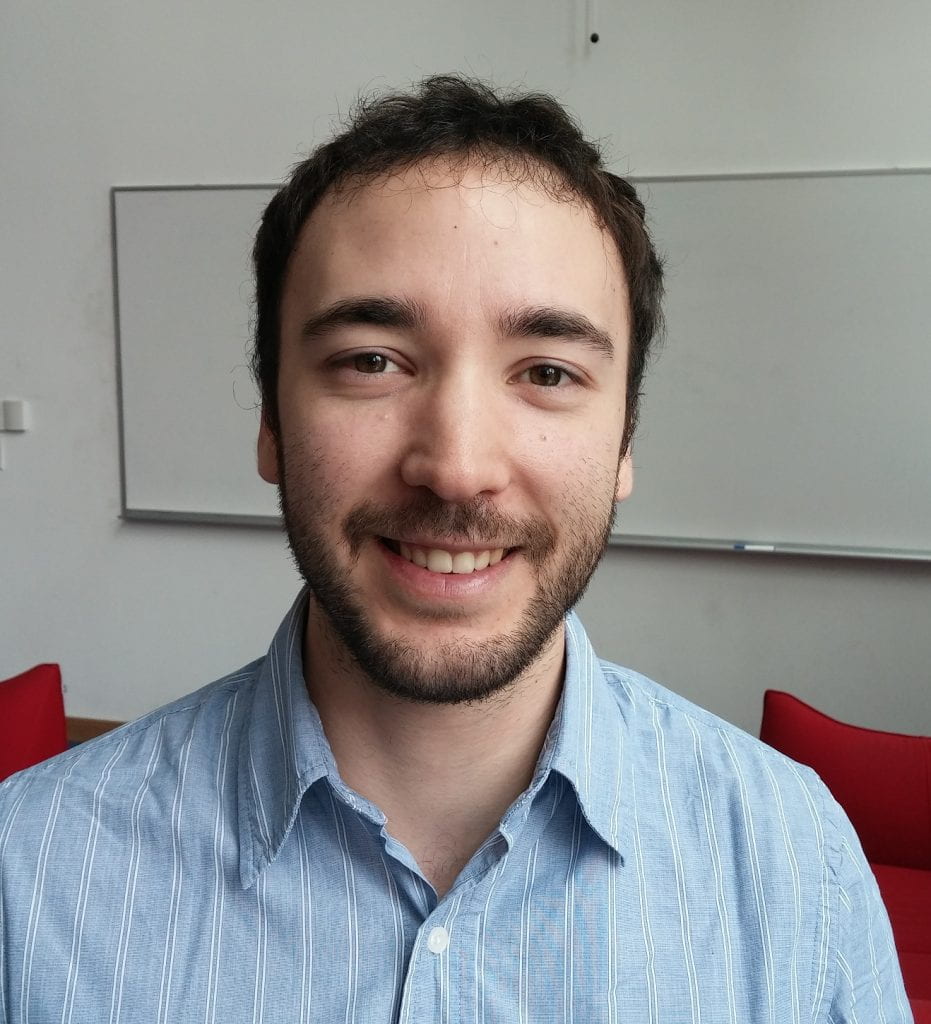
Martin Zubeldia
2021-22 Cohort
Assistant Professor, Department of Industrial and Systems Engineering
University of Minnesota
Prior to joining the faculty at Minnesota, Martin Zubeldia was a postdoctoral fellow in ISYE. Born in Montevideo, Uruguay, he received a B.S. degree in Electronics Engineering (2012) and a M.Sc. degree in Engineering (2014) from the Universidad ORT Uruguay, and a Ph.D. in Electrical Engineering (2019) from MIT. Before joining Georgia Tech, he was a postdoc at the Eindhoven University of Technology, and at the University of Amsterdam, in the Netherlands. His research primarily focused on the modeling, analysis, and control of large-scale stochastic decision systems, inspired by applications in computer networks and other service systems. He is particularly interested in the fundamental tradeoffs between performance and efficiency in such systems, with an emphasis on the role that information plays in these tradeoffs.

